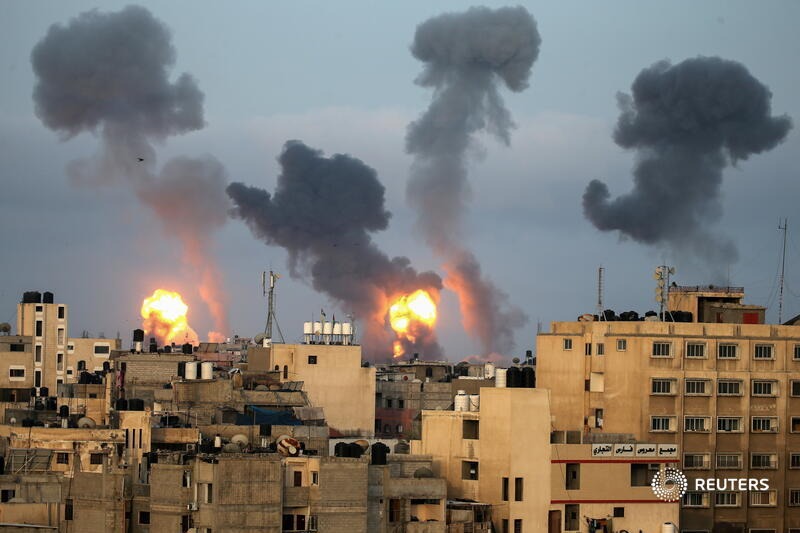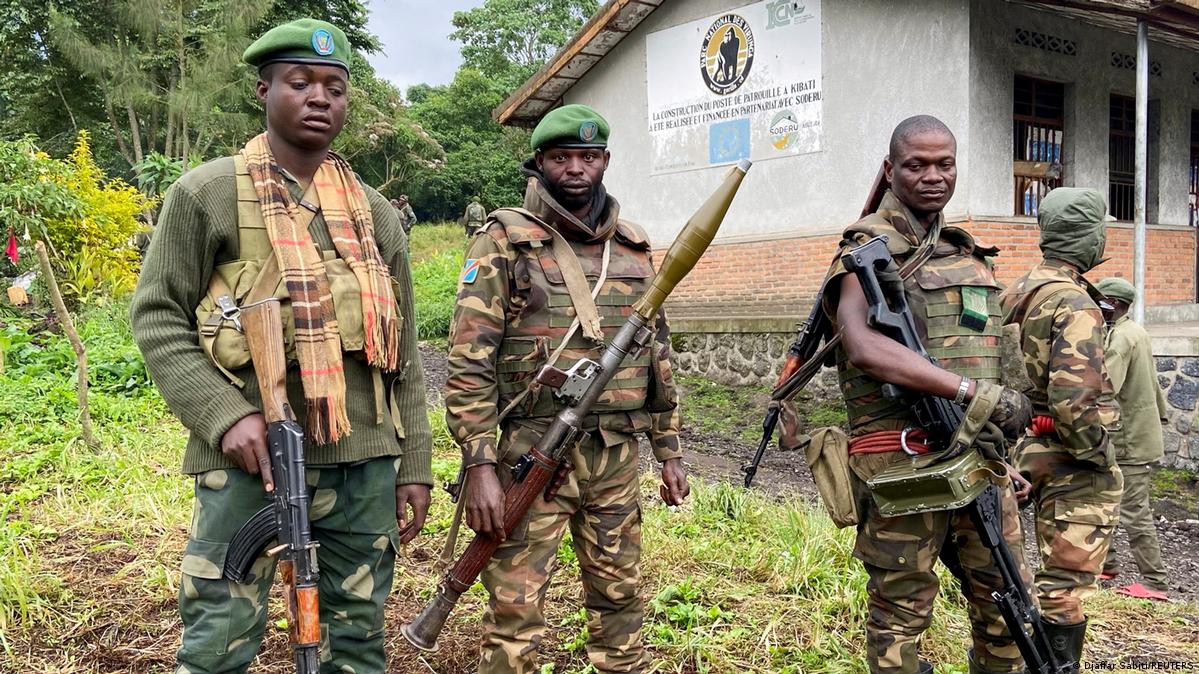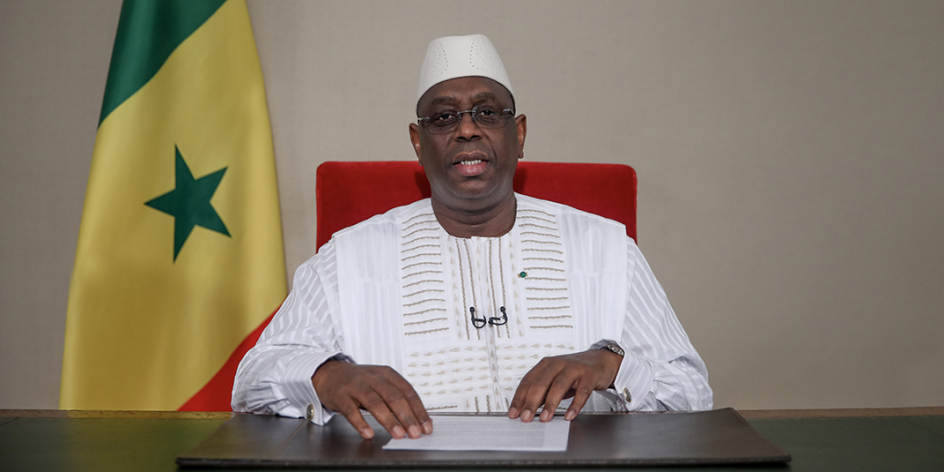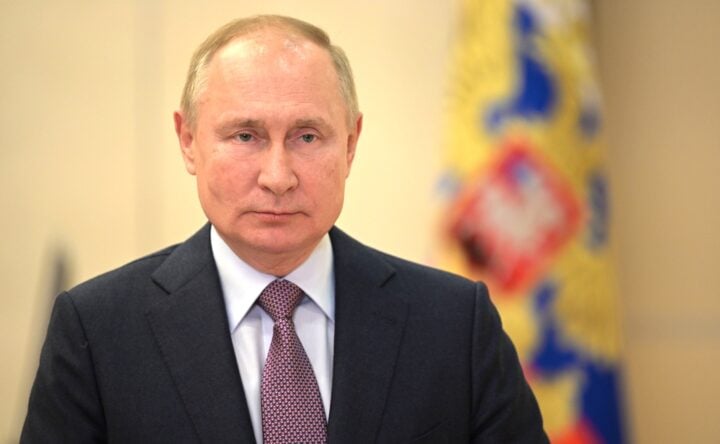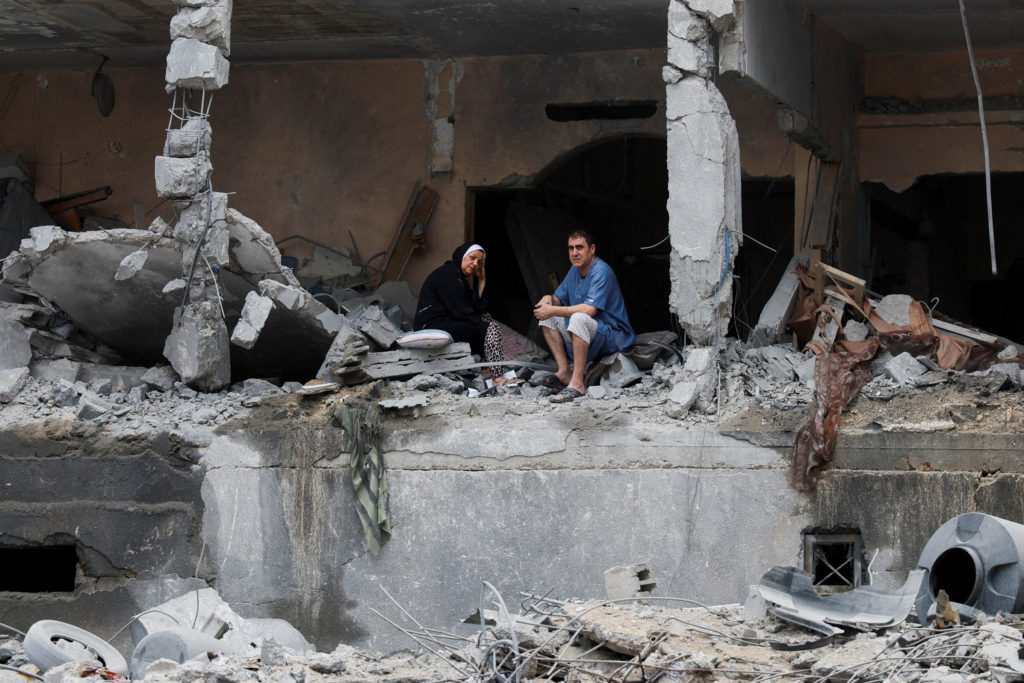Saudi Arabia says it will have no diplomatic relations with Israel unless an independent Palestinian state is recognised with East Jerusalem as its capital.
In a statement issued by the country’s ministry of foreign affairs on Thursday, Saudi Arabia also cited the cessation of hostilities on the Gaza Strip and the withdrawal of all Israeli occupation forces from the enclave as conditions for restoration of ties with the Jewish nation.
The kingdom said it had communicated its “firm position” to the United States, Israel’s strongest ally, who has actively been engaged in a broad-based diplomatic effort to manage the conflict.
For decades, the US has pushed for a two-state solution to the conflict in the Middle East, but has not formally recognised an independent Palestinian state.
Advertisement
Last week, Matthew Miller, spokesperson for the US state department, said the country was actively pursuing the establishment of an independent Palestinian state with security guarantees for Israel.
Miller did not provide details of the department’s internal work on the issue, but said the President Joe Biden administration believes that it would be “the best way to bring about lasting peace and security”.
Voicing support for Palestinians, Saudi Arabia said it “has always been steadfast on the Palestinian issue and the necessity that the brotherly Palestinian people obtain their legitimate rights”.
Advertisement
“The Kingdom reiterates its call to the permanent members of the UN Security Council that have not yet recognized the Palestinian state, to expedite the recognition of the Palestinian state on the 1967 borders, with East Jerusalem as its capital, so that the Palestinian people can obtain their legitimate rights and so that a comprehensive and just peace is achieved for all,” the statement added.
THE GLOBAL FRAGMENTED RECOGNITION OF AN INDEPENDENT PALESTINIAN STATE
There are two theories of statehood: the declarative theory and the constitutive theory.
Subscribers to the declarative theory say a region can be considered a state if it meets the definition of statehood declared in the 1933 Montevideo Convention, which says that a territory must have a permanent population, a defined territory, its own government and the capacity to enter relations with other states, before being recognised as one.
Advertisement
The convention adds that the political existence of a state “is independent of recognition by the other states”.
The constitutive theory, on the other hand, says that a state can only be considered as one if the rest of the world recognises it as such.
This theory is not codified in law: rather, it considers modern statehood a matter of both international law and diplomacy.
As such, experts and countries have differing opinions on whether the Palestinian territories fit the legal definition of a state.
Advertisement
Some say they do, while others say they don’t meet the requirements enshrined in the Montevideo Convention.
The debate originates from the aftermath of the 1967 six-day war where Palestine claimed the West Bank (including East Jerusalem) and the Gaza Strip as its territory, all of which had been Israeli-occupied territories since the war.
Advertisement
Israel had claimed the regions after the Palestinian leadership rejected the UN partition of the contested area into two separate states — one for Jews and one for Arabs — arguing that the land distribution didn’t represent the Arabs’ superior population.
The disagreement led to Palestine allying with a coalition of Arab states — Egypt, Jordan and Syria — to attack Israel.
Advertisement
The Arab allied forces lost the war and Israel gained control of an even larger portion of the territory. Over 700,000 Palestinians were driven away from their homes amid the war.
That began a myriad of ceaseless wars over territories that would claim thousands of lives, displace many more, and leave Israel controlling almost triple the amount of land it was assigned at the 1947 UN partition — including the Gaza Strip and the West Bank.
Advertisement
At the forefront of the dispute is the fact that Palestinians believe East Jerusalem and its sacred sites should be the capital of their state, while Israel claims that an indivisible Jerusalem is the country’s capital.
As of last year, only 139 out of 193 member states of the UN recognise Palestine as an independent state excluding the US, the United Kingdom and France — all permanent members of the UN security council whose decisions must count before Palestine joins the global organisation as a member.
At the moment, Palestine is only considered a non-member observer state to the UN.
Last week, the UK said it was open to recognising Palestine as an independent state to ensure “irreversible peace” in the region.
Experts also believe that the US’ public opinion of Israel and the Palestinian territories could influence the war’s trajectory.
However, Benjamin Netanyahu, Israeli prime minister, has vehemently opposed the idea, describing it as an “attempt to coerce us” and a decision that would “endanger the state of Israel”.
Add a comment
